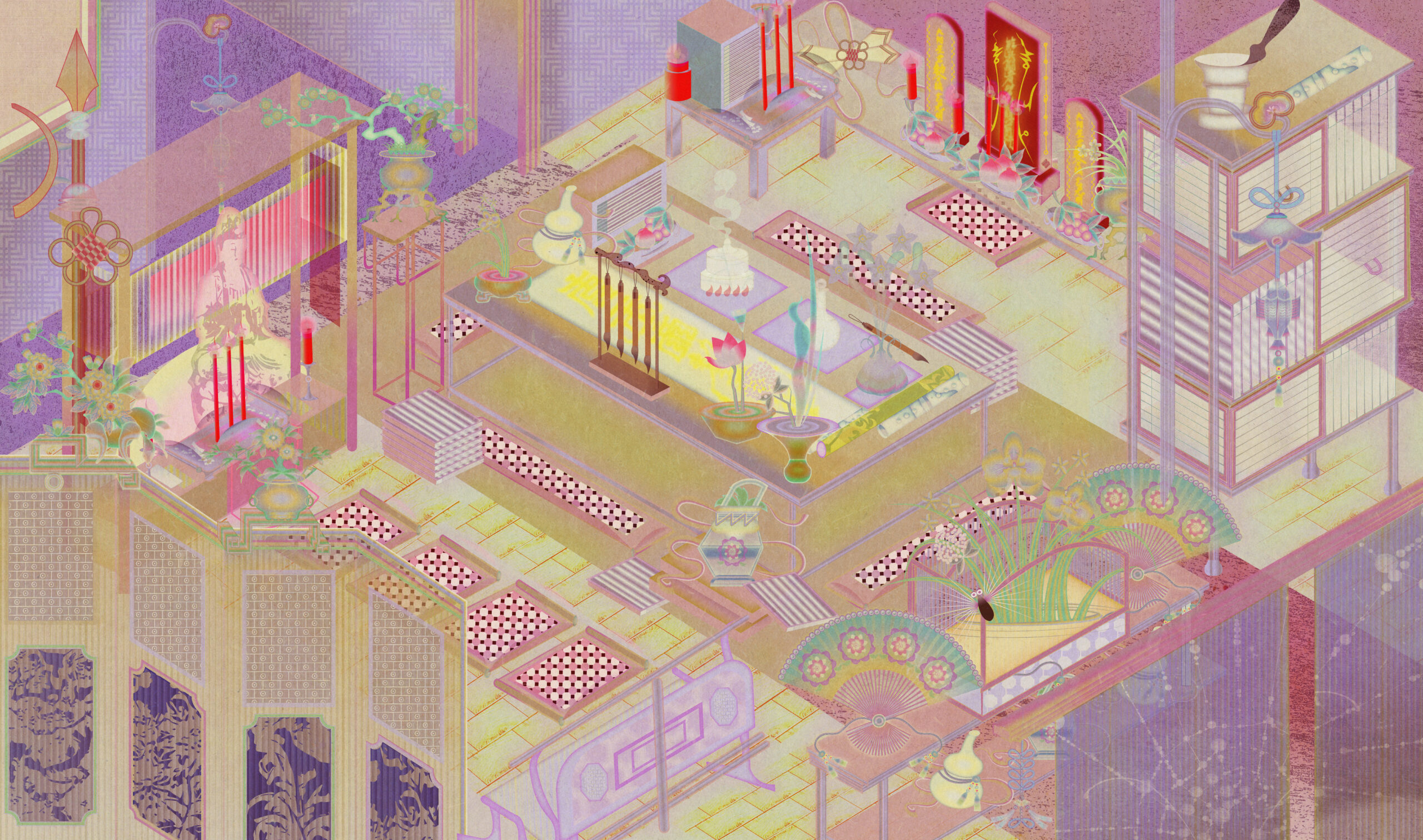LI ZHENHUA
| May 7, 2014 | Post In LEAP 26

The Beijing and Zurich-based curator Li Zhenhua has nearly 15 years of experience working in new art, and to some extent has become a spokesperson for the field. He explains, “In my work, I attempt to find new possibilities in the parts of life that hold seemingly no surprises: to extract something from China’s reality—a reality filled with possibilities—that will move us, and gradually draw attention to the relationships we have with one another.”
LEAP It seems like these past several years you’ve been working with a number of organizations consistently, but that you maintain pretty loose relationships with of them, not tied down to any single one. Do you prefer it that way? Does it provide you with a greater degree of freedom?
Li ZHENHUA Freedom and independence come at a price; you’re a little further from the power center and from the money. I’m often afraid that I’ll be backed into a position where I’ll be unable to preserve my professionalism and independence. But I don’t slack off. You can’t: freedom and independence require time, energy, and strong ideals.
LEAP As an advocate for and researcher of new art, you’ve already become a spokesperson for the field in China. What is it about the area that has most attracted you over the last fifteen years? Domestically, where is new right now? Globally?

1999
LZH I think what attracts me to new is its freedom. First, the field and the ideas behind it are favored by people in China and by the government’s cultural initiatives. The Chinese people are generally hopeful when it comes to new things, and that’s a platform you can work from. Next, I think the evolution of new fits well with the change I’ve seen happen over the years, especially in the 1990s with the onset of the Internet era. New has been a personal tool for greater access, community, and civilization in everyday life. What drew me to the field the most was the hope it held for the future; you could gradually begin to experience this in daily life. The growth of new has been marked by different trends and patterns. The difference between this growth in China versus abroad has been the absence (in China) of a system or doctrine with more thorough classifications or solid foundations for different media. But a more integrative reality in new has gradually emerged, shrinking the gap between China and abroad in terms of general trends. Up close, while new artists in the European and or American context have already become leaders in experimental laboratories, universities, and in museums, that’s not yet the case in China. So that is where we see a sort of time lag.
LEAP Does “new ” need a clear definition?
LZH Any definition would require careful scrutiny. With the popularization of cultural phenomena comes generalization. Is that a good or bad thing? I’m not really sure either. Establishing a fixed definition for new would be like doing the same for anything else: if it doesn’t enhance our understanding of whatever it is we’re defining, then it just becomes an obstacle to our understanding the multiplicity within it. So the best thing is maybe to forget definitions and come at the object of our observation with the goal of new understanding and firsthand experience. There’s a kind of habit in Chinese reality today that assumes the need for an intellectual and conceptual high ground, before the body or experience exist. But I’m most interested in the phenomenological: in the experience of the body. The complexity of the body is still what holds the mysteries to this day. Of course the inner workings of the mind are lofty and great, but if they were all we had, we’d have no way to connect with the real world.
LEAP New art is always in flux because it bears the weight of constant change in the world of technology. While this constantly mobile, ever unsettled state is part of what feeds the discussion in new art, does it also pose a problem for its growth?
LZH Doesn’t this make new perfectly suited to expose the fragility and uncertainty of our own contemporary life? Today new finds itself in a really interesting position; it’s a little bit like experimental art when it first emerged. Both new and experimental art are in pursuit of something eternal, something beyond the material world or the fleeting reality around us: something of the spirit. What they strive for more closely approaches the purity at the heart of art and of humanity. I don’t think it’s a problem, I think it’s more like a solution… a road to the kind of awareness that can help solve today’s problems.

